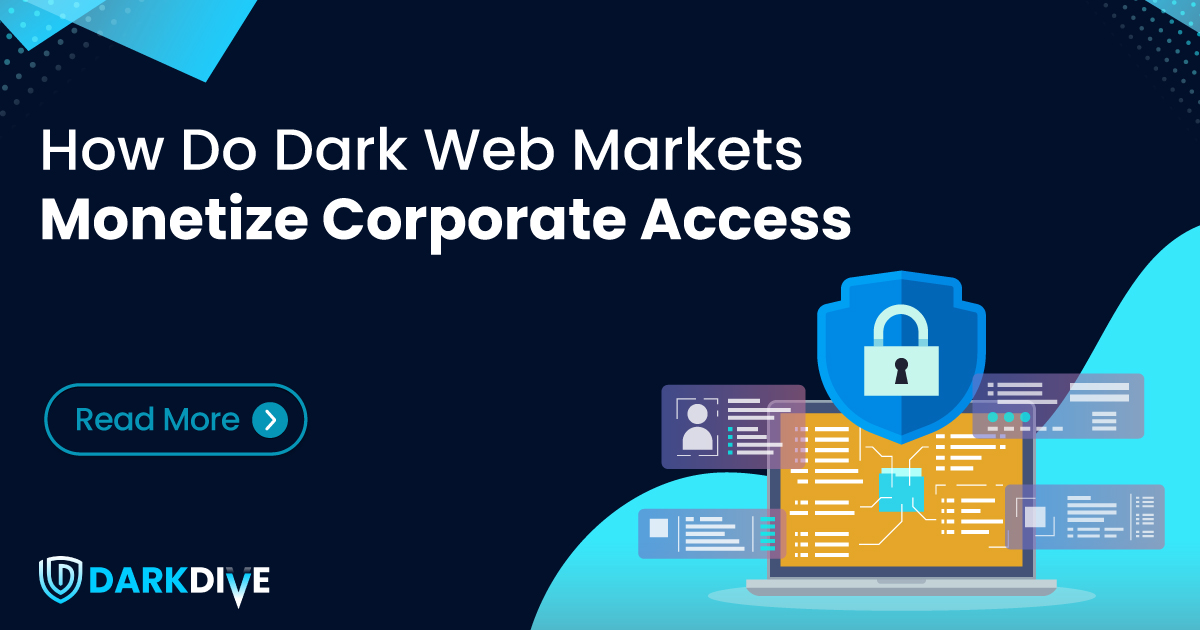
Where access, identities, and corporate secrets are just another product listing. There is usually a transaction buried deep in a secret corner of the internet behind every breach story. You have arrived at a dark web store. These are online black markets where stolen data, hacked credentials, and ready-to-use malware are bought and sold like any other item.
But don’t imagine a chaotic mess of hackers in hoodies. These marketplaces aren’t crude forums or random IRC chats. They’re polished, structured, and surprisingly user-friendly—with vendor profiles, customer reviews, refund policies, and even loyalty programs.
If it sounds like Amazon for cybercrime, that’s because it functions a lot like it.
A Marketplace for Every Kind of Threat
Each dark web marketplace serves a particular niche. Some focus entirely on leaked data—everything from email-password combos and company spreadsheets to internal source code repositories. Others revolve around access-as-a-service: remote desktop (RDP) credentials, VPN logins, and cloud dashboard access—all sorted and priced based on company size, region, or industry.
There are marketplaces that cater specifically to more technical buyers. Think: zero-day exploits, phishing kits, malware payloads, and encryption tools. Then you have closed, invitation-only forums where ransomware affiliates coordinate, insiders get recruited, and major breaches are quietly set in motion.
These platforms aren’t just secure—they’re selective. Many operate behind Tor, enforce strict vetting protocols, and require cryptocurrency for any transaction, adding layers of anonymity for both buyer and seller.
How These Markets Operate
Despite being illegal, the structure of dark web marketplaces often mirrors modern e-commerce platforms:
- Vendors build reputation scores based on delivery and reliability
- Buyers can filter listings by sector, geography, platform, or software type
- Escrow systems are standard—payment is released only after product delivery
- Moderator-led dispute resolution handles complaints
- Telegram bots, mirrors, and hidden channels ensure marketplace uptime during takedowns
This level of organization makes it alarmingly easy for even inexperienced threat actors to purchase access to corporate networks and data.
Why This Matters to Businesses
You don’t have to suffer a breach to end up on these marketplaces.
Credentials may be leaked through third-party vendors, reused logins across platforms, or careless offboarding of ex-employees. And once they’re exposed, they often resurface in multiple places—relisted, repackaged, and resold to entirely new buyers.
The worst part? Many companies don’t realize it’s happened until months later—after the damage has spread and the trail has gone cold. In a landscape where access is a commodity and data is currency, visibility is no longer optional—it’s a strategic requirement.
Where DarkDive Comes In
Traditional security tools aren’t built to see what’s going on behind the curtain. That’s where DarkDive comes in. We monitor active dark web marketplaces in real-time, tracking vendor activity, new listings, and mentions tied to specific brands, sectors, or software platforms. Whether it’s credential sales, insider recruitment, or malware targeting your tools, we surface the signals before they explode into incidents.
When access to your systems is up for sale, you should be the first to know—not a third-party blog, not a cybersecurity report, and certainly not the attacker holding your data hostage.
Conclusion
These marketplaces aren’t disappearing—they’re growing smarter. And while the dark web may seem like someone else’s problem, it only takes one exposed login, one poorly secured vendor, or one silent breach to make it yours. You don’t need to watch every corner of the underground. You just need to know when it starts watching you.
